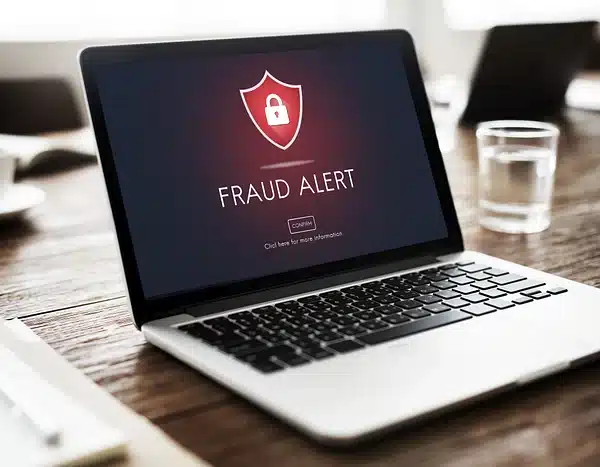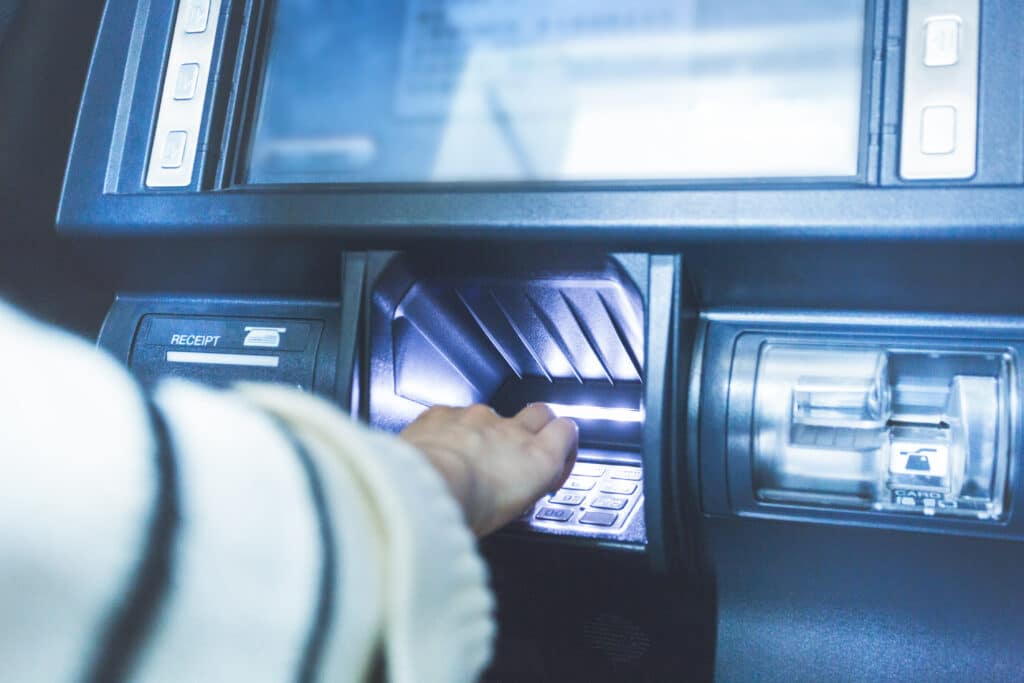Whether you’re at the very beginning of the expatriation process, close to departure or just arriving in your host country, you’re in a hurry! When you’re in a hurry, you think less and you’re more vulnerable. And crooks know it! From housing to banking, discover the most common expat scams.

Pre-departure scams for expats
This is the most common type of expat fraud. When it comes to the craze of choosing an apartment or a new job, criminals know how to take advantage of expats’ weaknesses: because they’re far away, they can’t be traced and are using well-honed techniques.
Housing scams
Searching for accommodation while on expatriation can be a complex task: hours on ad sites, on social networks making itineraries on Google Maps while keeping an eye on your financial possibilities. One of the most common scams is fake ads for expats. Once you’ve spotted an ideal-looking property, the author of the fake rental ad contacts you by private message, demanding advance payment for the rent, the guarantee or the paperwork. Of course, without even visiting the property first. To avoid this kind of expat fraud, it’s crucial never to transfer money in such situations, even if you’ve had the opportunity to visit the property.

Here’s our advice on how to avoid this kind of scam:
- Do not transfer money until you have visited the property or signed the lease;
- If the lease contract is written in a foreign language, it’s crucial to call on the services of someone who speaks the language, so that you can study it in the best possible conditions.
- If the rent is too high or too low, beware!
- Ask your employer for more information, as many companies offer assistance in the event of a lease dispute.
Fake job offers for expats
In many cases, expatriation means signing an employment contract!
Finding a new job when expatriating can sometimes turn into a challenging experience: searching, broadening the search, applying, relaunching, changing sites, changing keywords. What’s more, the health crisis that led to the rise of telecommuting has led to an increase in expat job scams. A case in point involves an Australian expat looking for a job in London. She had applied via a reputable online platform to a company specializing in human resources. However, during her interview, the recruiter asked her to pay a sum of money to access a supposedly “essential” training course. Today, this type of expat job scam is becoming more and more common on LinkedIn, particularly via fake profiles or headhunters. In any case, no company will ask you for money to formulate a contract or a visa. Be sure to research all the legislation governing work permits before you emigrate.

Here are our tips for avoiding this type of fraud:
- Be particularly wary of recruitment agencies or job offers that ask you to pay a sum of money to cover visa fees;
- Beware of misspelled e-mails;
- Check the company’s existence on the Internet and via social media;
- Check reviews, especially on Glassdoor or Indeed;
- Beware of job offers with high salaries: they are often scams.
Expat scam: phishing
You’re going through your e-mails and you receive an e-mail from your new bank! Whether it’s an aggressive SMS claiming a potential suspicious movement on your bank account, or an e-mail about a supposed technical bug, these fraudulent e-mails copy the graphic charter of the biggest banks down to the pixel.
The main aim of this scam is usually to get you to verify all your banking information, with the aim of recovering your credit card numbers, passwords and login details. If in doubt, be aware that your bank will never send you an e-mail about such matters, let alone enter your bank details directly. Remember to check the URL and contact your bank advisor directly if in doubt.

Fraud during expatriation
Because fraudsters don’t stop at the borders of your home country, it’s crucial to protect yourself from potential expatriation scams once you’ve arrived.
Expat ATM scam
Expats are prime targets for swindlers, particularly because of their lack of reference points or language comprehension. One of the most common frauds occurs when the expat withdraws money from an ATM.
After inserting your card and entering your code, it may happen that you are unable to retrieve your bank card. In this situation, you may be approached by someone who appears to be waiting in line, telling you that you need to retype your code. Beware, however, as your card remains in the machine and will be retrieved by the scammer as soon as you leave the bank branch to see an advisor. This trick is designed to trap users, allowing thieves to obtain your code and card.

Here are our tips for avoiding these banking scams:
- It’s important to remember that you should never share your bank card codes, and never lend your card to anyone.
- We recommend that you make a photocopy of both sides of your bank card. This will be particularly useful in the event of theft, as you’ll have a reference copy that will make it easier to stop payment.
- An effective security measure is to use your second hand to conceal your code-typing hand.
Stolen data and public wifi
Many expats take advantage of public WiFi access, especially when they don’t yet have a personal connection for digital nomad expatriation, for example. There are a multitude of places that benefit from this, including shopping malls, restaurants and airports. However, for crooks and hackers, this represents a gold mine for recovering personal data such as bank details.
Avoid free Wi-Fi scams by adopting this type of behavior:
- Make sure your connection is reliable
- Do not make online purchases
Fake driver’s licenses for expats
To avoid fake expat driver’s license scams, the rule is simple: either your driver’s license from your country of origin is sufficient, or you must also have an IDP : IDP : International Driving Permit. To find out which rule applies, expats should consult an official government website. Under no circumstances should you provide personal or banking information by e-mail or telephone when applying for a driver’s license.
Foyer Global Health, your trusted healthcare partner
When expatriating, it’s essential to take precautions against the frauds and scams that can occur, even in the healthcare field. Fake doctors, non-reimbursed medicines, fraudulent telephone canvassing by bogus health insurers and mutual insurers… That’s where Foyer Global Health comes in.
As the leading international health insurance and expat services company, Foyer Global Health offers a reliable solution to the healthcare needs of individuals and organizations in nearly 200 countries worldwide.
Our international health insurance offers comprehensive, flexible coverage for long-term stays.


